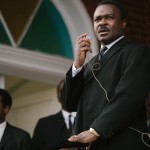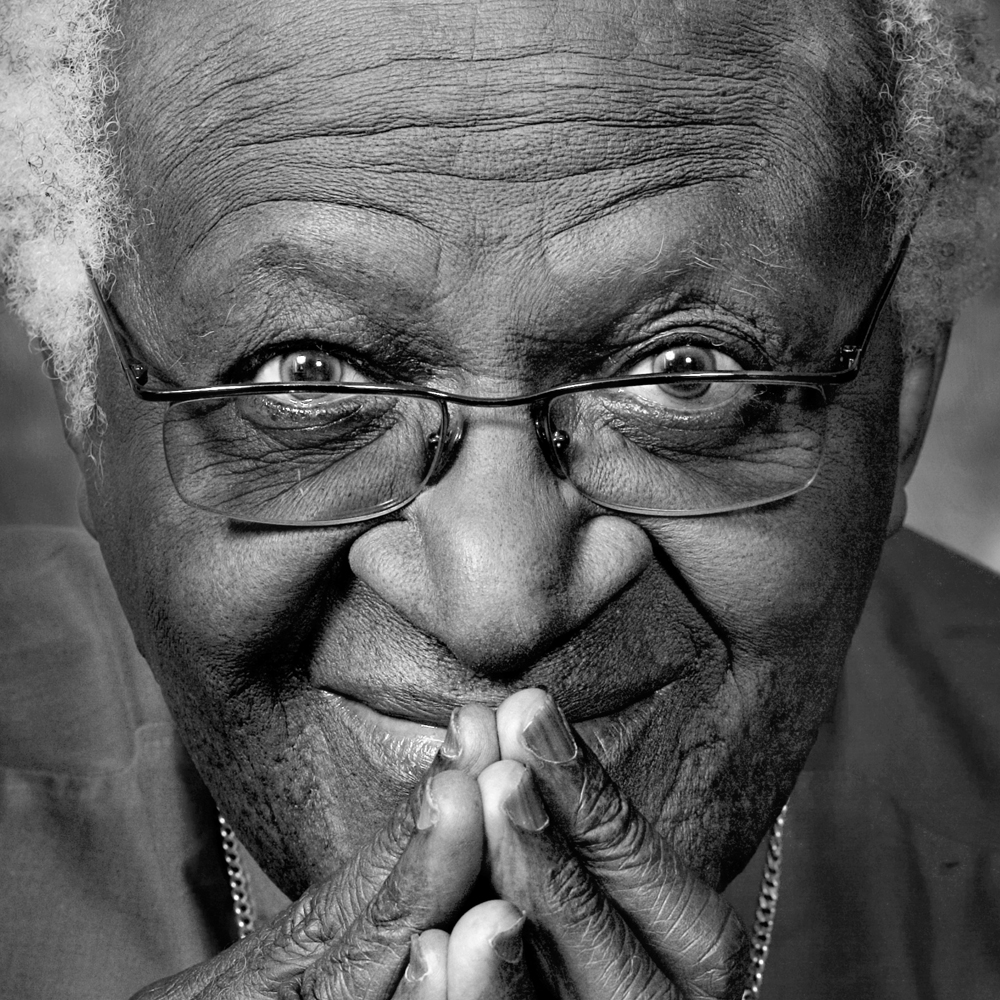GODSTUFF
WE HAVE A CHOICE TO MAKE: BE RIGHT OR BE COMPASSIONATE?
Compassion is, by one definition, “a deep awareness and sympathy for another’s suffering.”
Karen Armstrong, the former Roman Catholic nun and one of the foremost writers on religion of our generation, and the renowned African spiritual leader and peacemaker Archbishop Desmond Tutu, in launching what they have called the “Charter for Compassion,” are not saying anything new.
The basis for their call to action — for a worldwide and individual movement of simple and radical compassion — is based in what we collectively know as the Golden Rule.
Five hundred years before the birth of Jesus Christ, Confucius said: “Do not do unto others what you would not like them to do to you.”
Jesus himself, scripture tells us, said, “Do unto others as you would have them do unto you” and “Love your enemies.”
The great Jewish scholar Rabbi Hillel, a contemporary of Jesus, when summing up the whole of Judaism’s teaching, put it this way: “That which is hateful to you, do not do to your neighbor — that is the Torah. The rest is commentary. Go and study it.”
St. Augustine echoed Hillel’s sentiments, saying that scripture “teaches nothing but charity, and we must not leave an interpretation of scripture until we have found a compassionate interpretation of it.”
Religion need not be the force for division that it unfortunately often is. The three sister Abrahamic religions — Judaism, Islam and Christianity — share the Golden Rule as a central teaching. In fact, every religion at its core demands compassion not only for our own family, co-religionists and community but more importantly for those we consider “other” or “enemy.”
On Thursday, Armstrong, Tutu and a host of other religious leaders from around the world launched the Charter for Compassion, charterforcompassion.org, to try to turn the tide of religious division toward its true center of compassion.
THE CHARTER FOR COMPASSION SAYS:
A call to bring the world together…
The principle of compassion lies at the heart of all religious, ethical and spiritual traditions, calling us always to treat all others as we wish to be treated ourselves. Compassion impels us to work tirelessly to alleviate the suffering of our fellow creatures, to dethrone ourselves from the centre of our world and put another there, and to honour the inviolable sanctity of every single human being, treating everybody, without exception, with absolute justice, equity and respect.
It is also necessary in both public and private life to refrain consistently and empathically from inflicting pain. To act or speak violently out of spite, chauvinism, or self-interest, to impoverish, exploit or deny basic rights to anybody, and to incite hatred by denigrating others—even our enemies—is a denial of our common humanity. We acknowledge that we have failed to live compassionately and that some have even increased the sum of human misery in the name of religion.
We therefore call upon all men and women ~ to restore compassion to the centre of morality and religion ~ to return to the ancient principle that any interpretation of scripture that breeds violence, hatred or disdain is illegitimate ~ to ensure that youth are given accurate and respectful information about other traditions, religions and cultures ~ to encourage a positive appreciation of cultural and religious diversity ~ to cultivate an informed empathy with the suffering of all human beings—even those regarded as enemies.
We urgently need to make compassion a clear, luminous and dynamic force in our polarized world. Rooted in a principled determination to transcend selfishness, compassion can break down political, dogmatic, ideological and religious boundaries. Born of our deep interdependence, compassion is essential to human relationships and to a fulfilled humanity. It is the path to enlightenment, and indispensible to the creation of a just economy and a peaceful global community.
To some, it may seem a facile idea. But to me, it is perhaps the only thing that can conquer suffering, disease, unthinkable poverty and unending cycles of war, discrimination, hatred and oppression.
Those of us who consider ourselves spiritual, if not “religious,” have a choice to make. And it’s an individual choice.
In her speech last year accepting the TED (Technology, Entertainment, Development) award, which is given annually “to three exceptional individuals who each receive $100,000” (as well as the opportunity to voice their one wish for the world), Armstrong challenged us by saying that “a lot of religious people prefer to be right, rather than compassionate.
“People want to be religious, and religion should be made to be a force for harmony in the world, which it can and should be — because of the Golden Rule … an ethos that should now be applied globally,” Armstrong continued. “We should not treat other nations as we would not wish to be treated ourselves. And this — whatever our wretched beliefs — is a religious matter, is a spiritual matter. It’s a profound moral matter that engages and should engage us all.”
Think about that.
What would our world look like if we made deliberate choices, large and small, to be compassionate and kind rather than, simply, right?
It is possible to reclaim religion and, more importantly, belief as a force of good, harmony and unity.
The word “belief,” Armstrong reminded us in her TED speech, originally meant “to love, to prize, to hold dear.”
In that light, religion, the institutions of belief, should be built around charity, not supremacy.
Put someone else in front of yourself.
Choose kindness.
Be compassionate.











